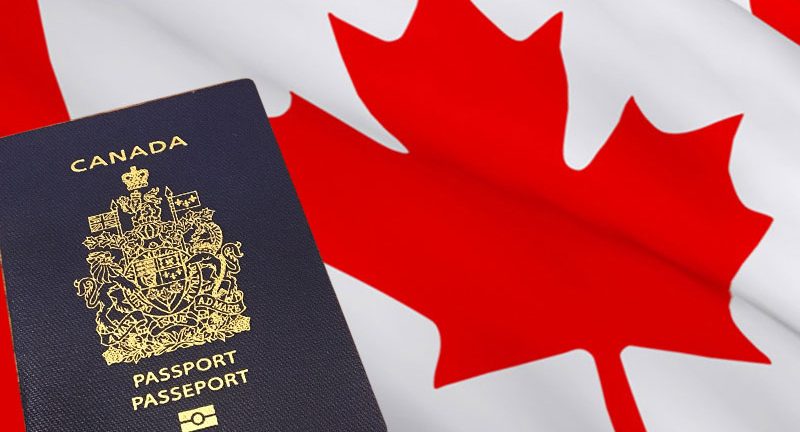As shared on February 28 at 12:01 A.M Canada is allowing travelers to enter the country with a pre-arrival antigen test. Before this step travelers needed to have a molecular test, such as a PCR test, taken within 72 hours before their scheduled flight or arrival at the border. As the COVID-19 cases decline globally, Canada has also allowed travellers to cross Canada borders with an antigen test and other COVID-19 measures in effect as of February 28.
All travelers to Canada aged five and older still need a COVID-19 test before crossing the border. The new measure allows incoming travellers to provide an antigen test result taken within one day before their scheduled flight or arrival at the land border. These tests should not be taken at home; it must be done by a laboratory, healthcare entity, or telehealth service and be authorized by the country in which it was purchased to form the eligibility.
PCR tests are still accepted. No rules have changed for pre-arrival PCR tests. In addition to removing the PCR test requirement, unvaccinated children would no longer have to isolate for 14 days, and international flights would resume at all airports.
In case travellers have recovered from COVID-19-
In the situation that the travellers who continue to test positive for COVID-19 after recovering are allowed to board a plane, with some conditions. As part of the pre-arrival test requirements, you need to provide a positive COVID-19 molecular test on a specimen collected at least ten days and no more than 180 days before entering Canada.
Arrive CAN-
All travellers still have to submit their mandatory information via Arrive CAN. For this, the travellers can use either the desktop or mobile app to submit their proof of vaccination in English or French and a quarantine plan before arriving in Canada. This is a mandatory formality filled by all the travellers. So, they need to be ready for it.
Travellers who are not fully vaccinated- The vaccination also plays an important role. Partially vaccinated and unvaccinated travellers will need to quarantine in a suitable place for 14-days and take a mandatory COVID-19 test on arrival and day 8. Those who are not vaccinated need to follow the code of conduct. Otherwise, Canada will not allow them.
Fully-vaccinated travellers-
Fully-vaccinated travellers, on the other hand, do not need to quarantine upon arriving in Canada, provided they meet the following criteria: meet pre-entry testing requirements; they have no symptoms; they should submit all required COVID-19 information to ArriveCAN and present their ArriveCAN receipt, pre-departure test results and paper or digital, they should hold proof of vaccination documents before they board their flight to Canada. If they have a problem, they should have a suitable quarantine plan if they don’t qualify for the exemption.
Mandatory random tests upon arrival-Border services officers may randomly select you for a mandatory arrival test. They can randomly ask anybody for the test and check. If you are fully vaccinated and are randomly selected for a mandatory arrival test, you must take the arrival test as directed on the day you enter Canada. You may get the test at the airport, or officials may give you a self-swab kit to complete at the airport or land at the border within 24 hours after entering the country.
If you are randomly selected for the on-arrival test, you do not have to wait for the results. In such a situation, you can travel to your final destination and take connecting flights, and you do not have to quarantine while waiting for your results.
The government of Canada says you can speed the process along by registering in advance with the testing provider for the airport you will arrive at using the same email address you used for Arrive CAN. This will help the authorities and become more convenient for the authorities. So, it is up to the traveller to save time; they can register beforehand and speed up the process.

